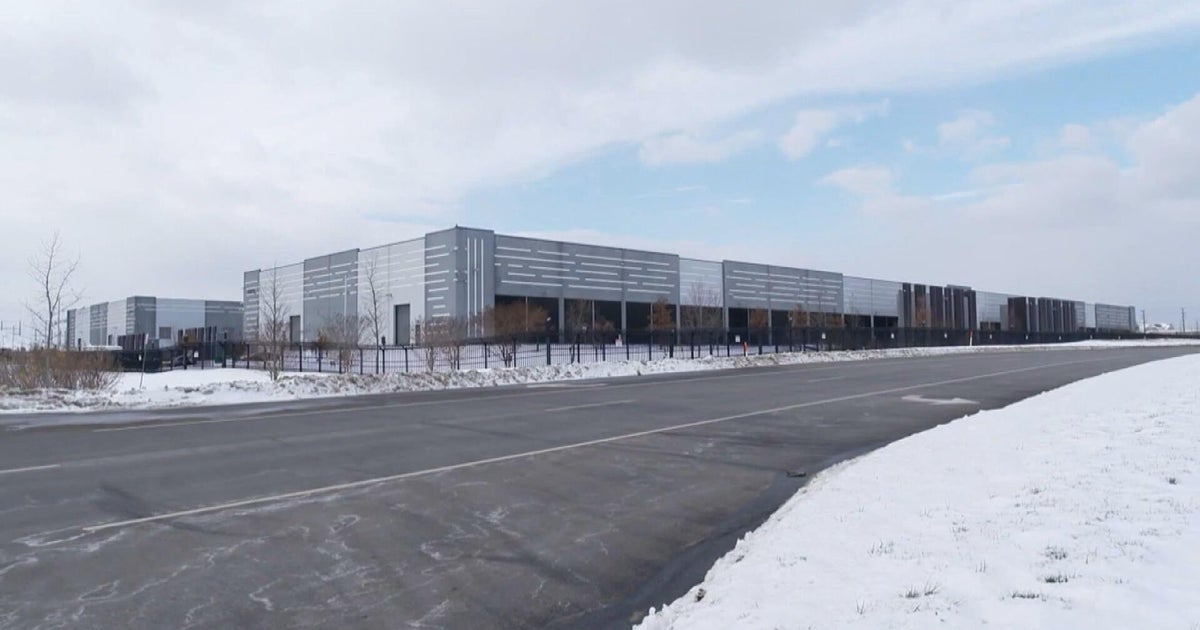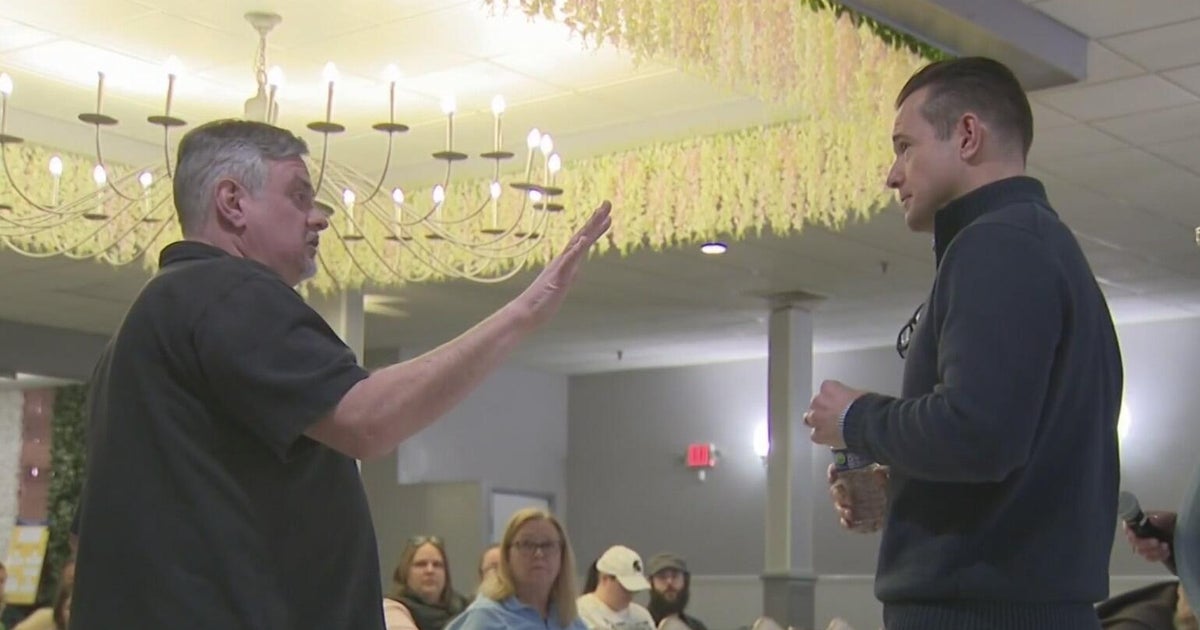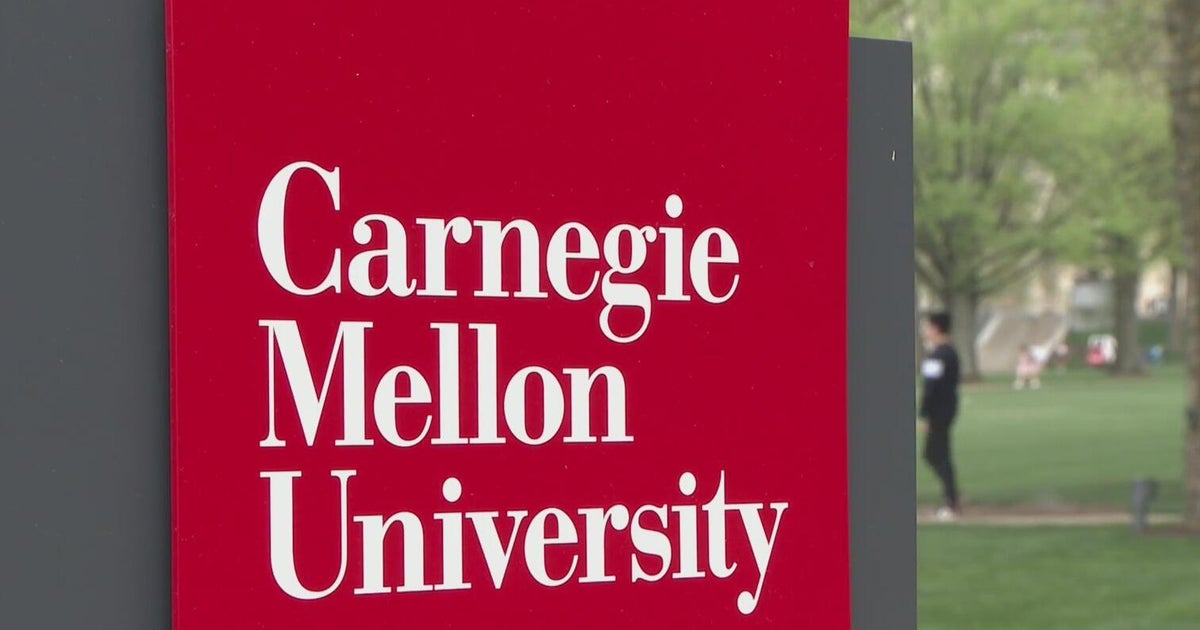MIT Researchers Use Legos To Solve Real-Life Problems
CAMBRIDGE (CBS) - From the blockbuster movie, to the new Legoland Discovery Center opening in Somerville at the end of the month, the old school children's toy is a modern day hit.
Across the river in Cambridge, there is evidence that Legos are also a hit with researchers.
It turns out, the brainiest of the brainiacs at MIT are also Legomaniacs.
Ira Winder is a researcher and project manager of CityScience at the MIT Media Lab.
He's using Legos to study the "walkability" of a city.
"The Legos help me express the ideas I'm really passionate about," he said.
He builds Lego models of cities, then projects computer data onto the Legos so researchers can test how changes to infrastructure will affect real life.
Winder is currently helping city planners in Australia increase the walkability score of a proposed new city.
"We took that goal and we simplified it into a math model and we actually programmed Legos so they could pretend to build their city, prototype it in an environment before they even build it and that informed model would then tell them how their city scores, is it walkable or not," he said.
It's not just in Ira's office.
Legos litter the landscape here.
MIT and Lego have had a partnership since the 1980's and Winder says the school has about one million Legos to be used for real-life problem solving.
MIT's motto is "mind and hand."
What's in Ira Winder's mind might make cities run better.
What's in his hand might just make it all a little more fun.
"We like to think we have these great ideas, but if they're not approachable," he said, "then what's the use of ideas?"
MORE LOCAL NEWS FROM CBS BOSTON







